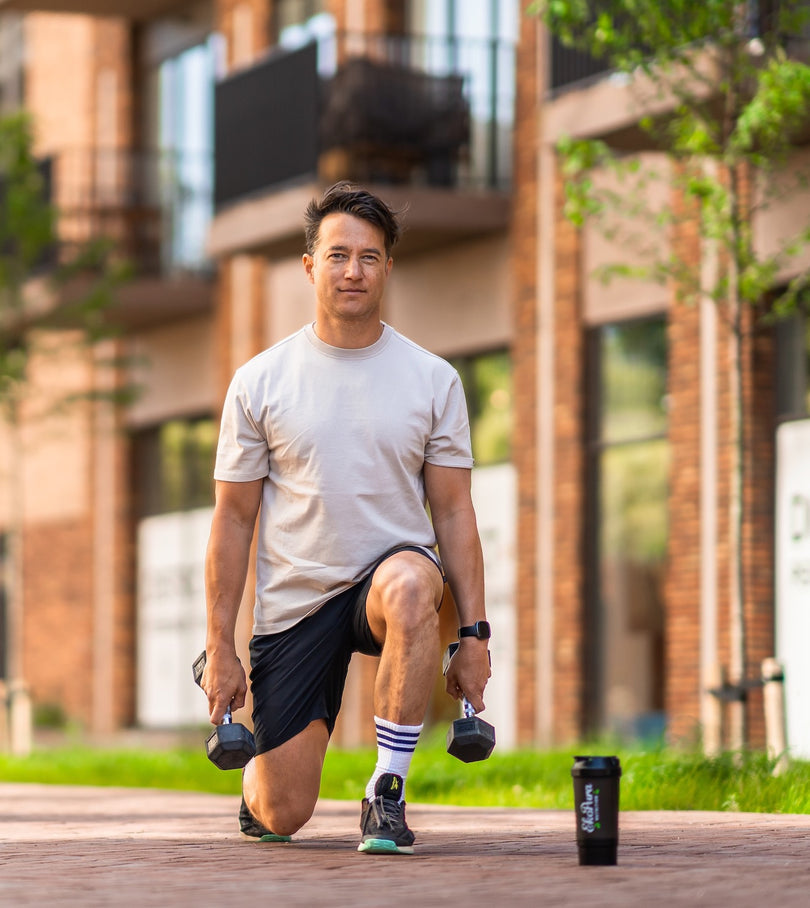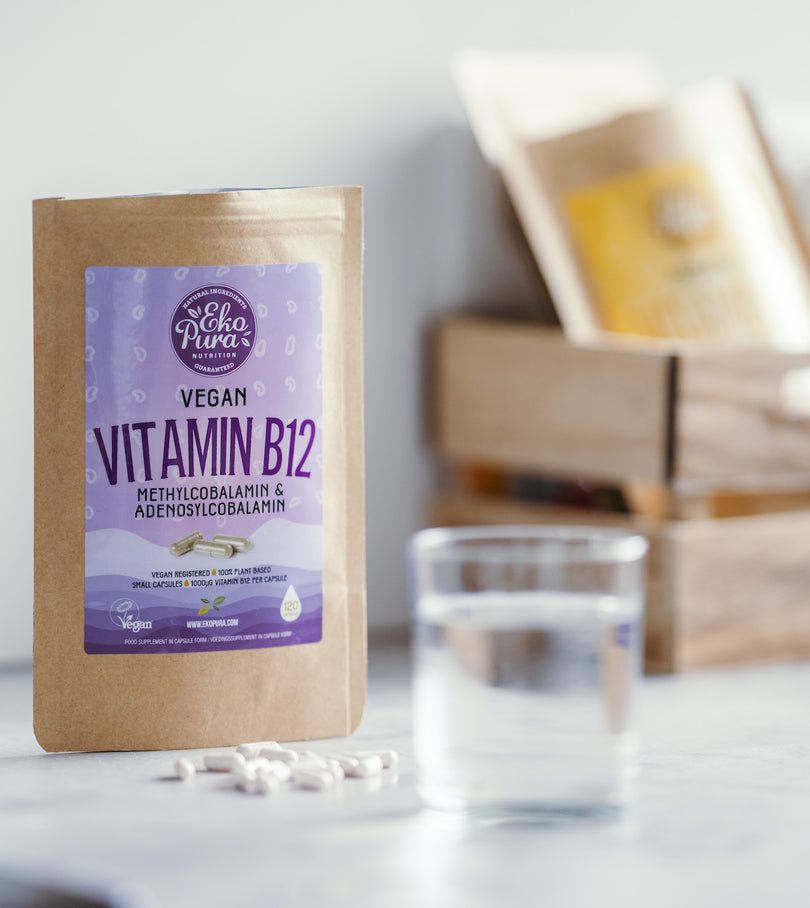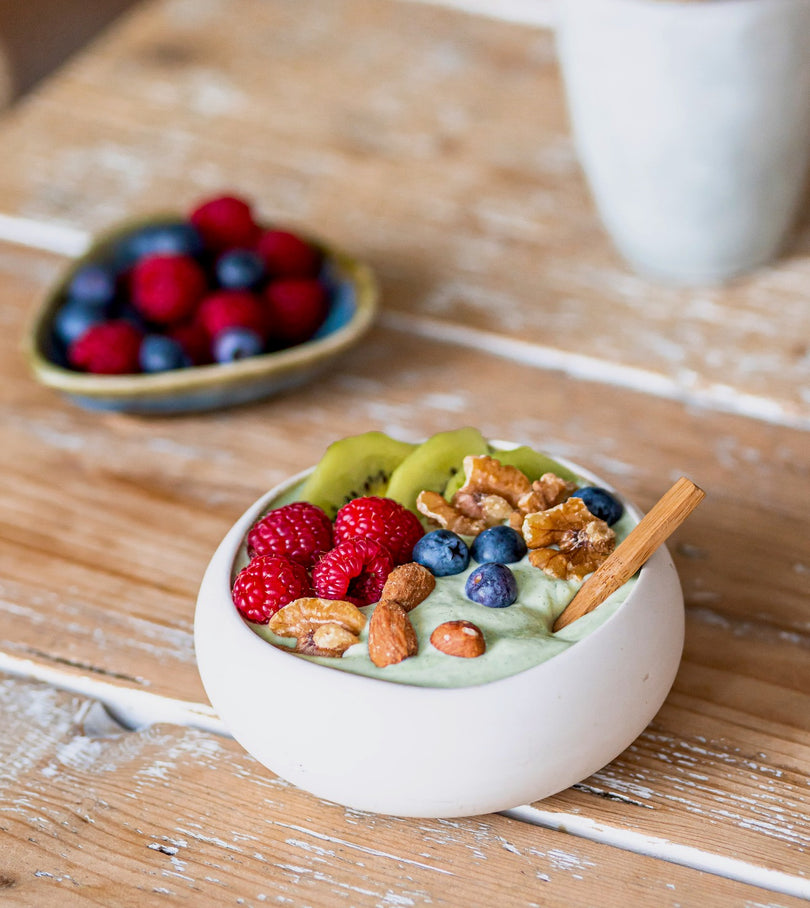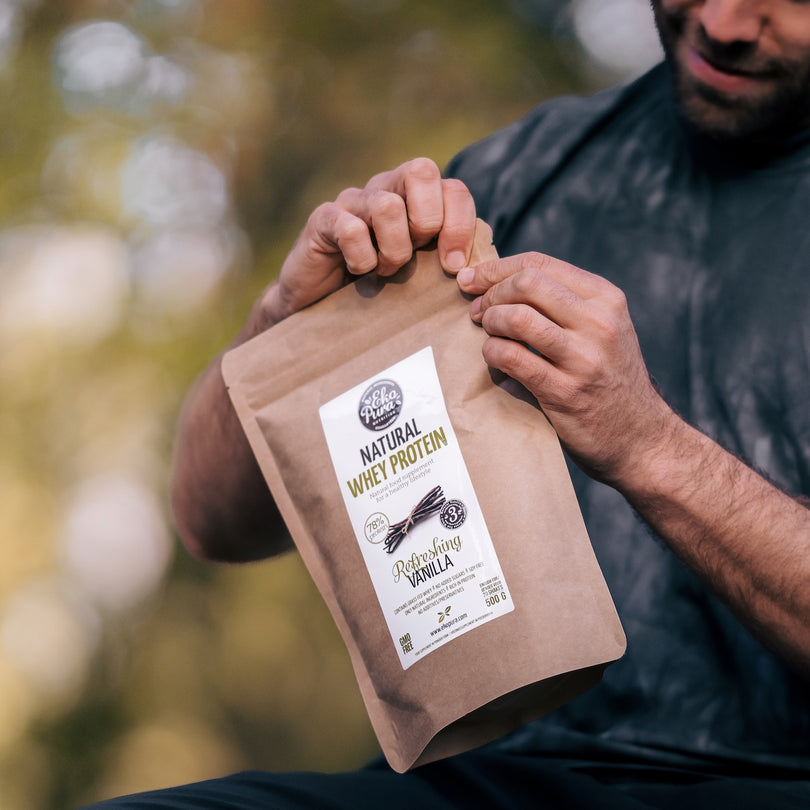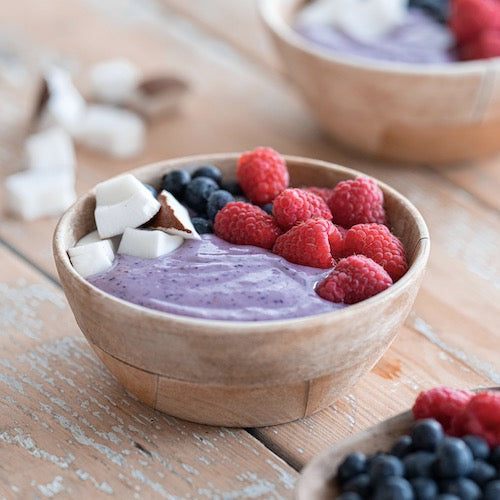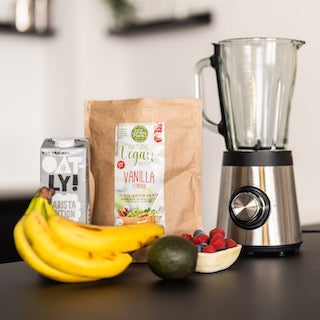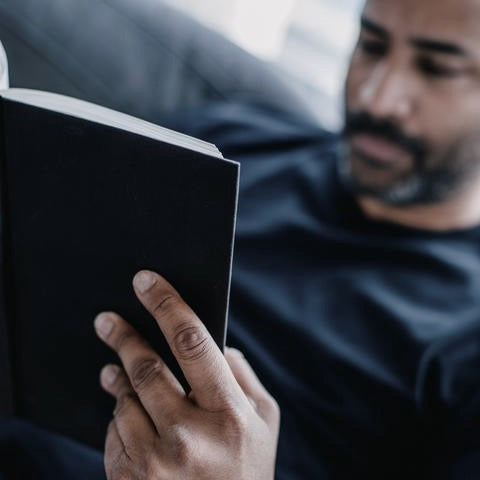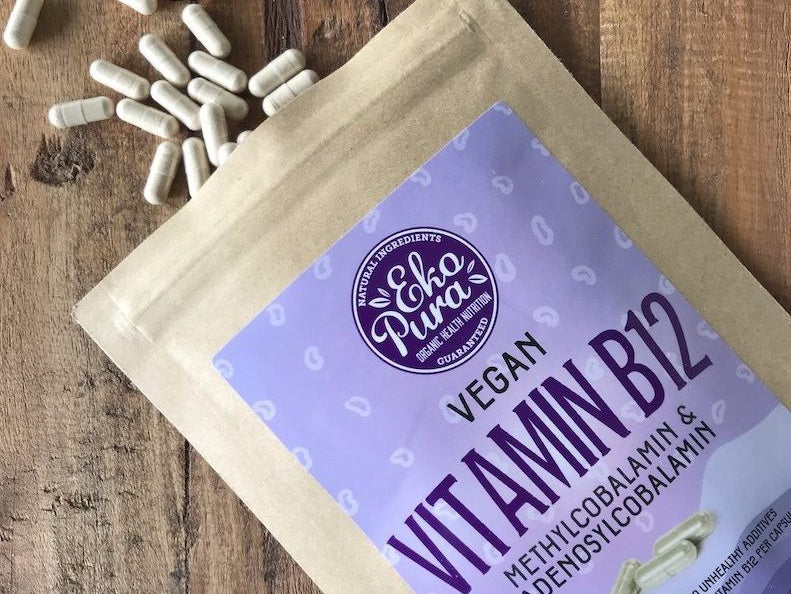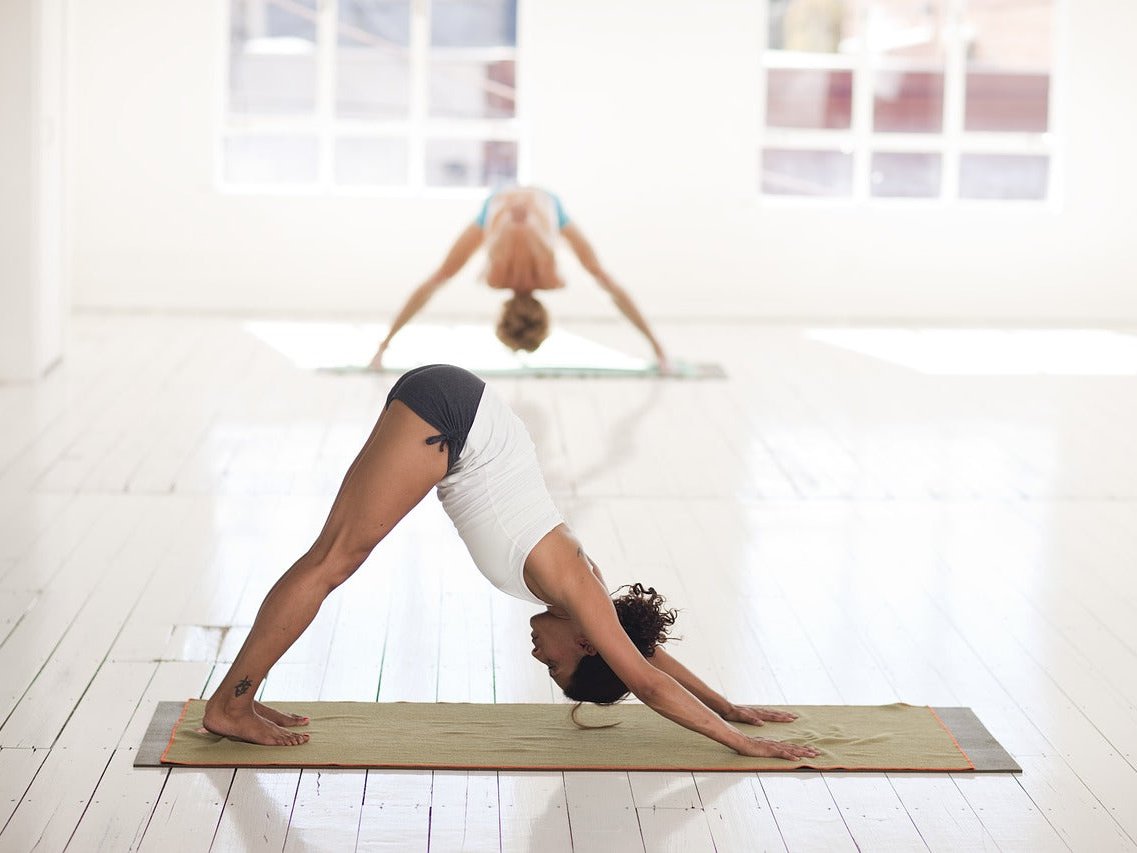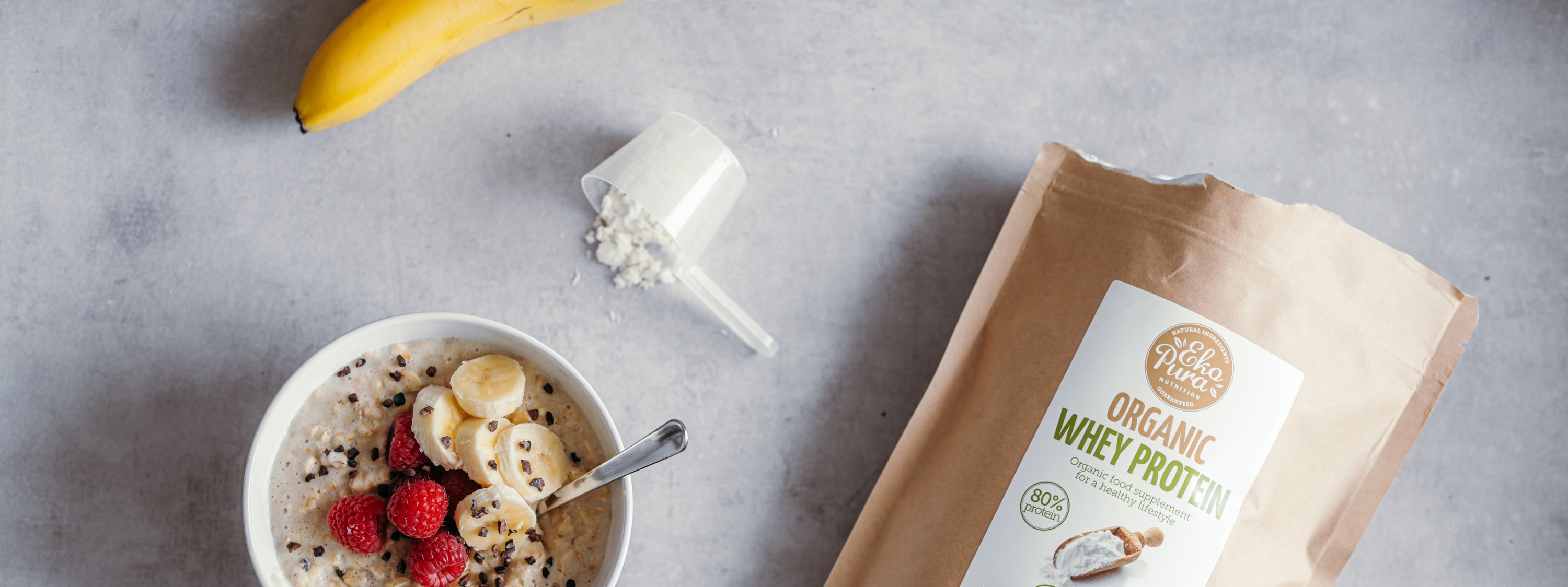Muscle pain: most athletes have a love-hate relationship with it. You busted your ass at the gym with the result that you almost can't get out of bed the next day. Why is that? And more importantly, how do you get rid of it? Read here what you can do to reduce or prevent muscle soreness.
Muscle pain is caused by tears occurring in your muscles during strenuous exercise. The damage is then repaired and strengthened with additional tissue, allowing your muscles to recover and grow. So muscle pain is a positive sign and means your muscles are getting stronger. However, that doesn't make it any less painful!
-
Start with a warm up!
Before exercising, do a 5-10 minute warm up. This way you stimulate your circulation and get your muscles and tendons warmed up. Walk, jog or bike for a few minutes to transition from sitting still to moving. So start every workout with a warm-up. This prepares the body for optimal healthy exercise and to prevent injury and muscle soreness. Want to know more about this topic? Then read our blog Should you do a warm-up before exercising?
-
Eat enough protein and carbohydrates.
Nutrition plays an important role in achieving your sports goals and in your recovery. Without the right nutrition your muscles will not get stronger. For optimal muscle building and to recover from muscle soreness, proteins and carbohydrates are essential nutrients to ingest. This ensures increased protein synthesis, which promotes muscle recovery. Much of our protein is stored around our joints. Therefore, it is not surprising that when you are deficient in protein it can manifest as joint pain or muscle soreness. It is also advisable to add magnesium, calcium and potassium to your menu. Magnesium can be found in legumes, nuts, seeds, green (leafy) vegetables, grapefruit and apricots, among others. Calcium is found in dairy products, among others, and potassium is found in potatoes, dairy products, vegetables, fruits and nuts, among others.
-
Combine hot and cold
For an immediate reduction in pain, it is best to choose cooling. The cold numbs the soreness in your muscles and stops swelling. If you suffer more from stiff muscles, there is an option to relieve muscle pain by taking a warm bath and also keeping the muscles warm afterwards. You can also apply a warm ointment to the skin. Alternating between cold and heat is best: with this you improve blood circulation and your muscles recover faster.
-
Get enough sleep
It is recommended that you sleep at least 8 hours a day. When you sleep less, this can be one of the reasons you suffer from muscle pain. During sleep, your body really has time to recover. Sufficient sleep is therefore essential when you do a lot of heavy training. So get under the wool on time. There are small tears in the muscles that only recover with rest.
-
Cooling down after your workout
A cool-down also ensures that your muscles are less tense after your athletic effort. In many cases, it reduces muscle soreness after exercise. Just 5 minutes of continuing at a low level is often enough to release the greatest amount of lactic acid and other waste products from the muscles that cause additional pain. Want to know more about this topic? Then read our blog: Don't forget the cool down!
-
Drink enough water
It is important to drink enough water. This way, your body can eliminate waste products more easily during exercise but also in the hours/days after. Therefore, drink enough water to keep your muscles supple. Does cramping shoot into your muscles? That's a sign that you need to drink more water. For some, drinking water is the most normal thing in the world, but this is also contrasted by a large number of people who find the recommended amount per day a challenge. Still, we recommend you drink those few more glasses to combat muscle soreness.
With these tips, you can start your next workout fresh. Do you have a golden tip against sore muscles? Let us know!
For more interesting, workout related articles look here.



